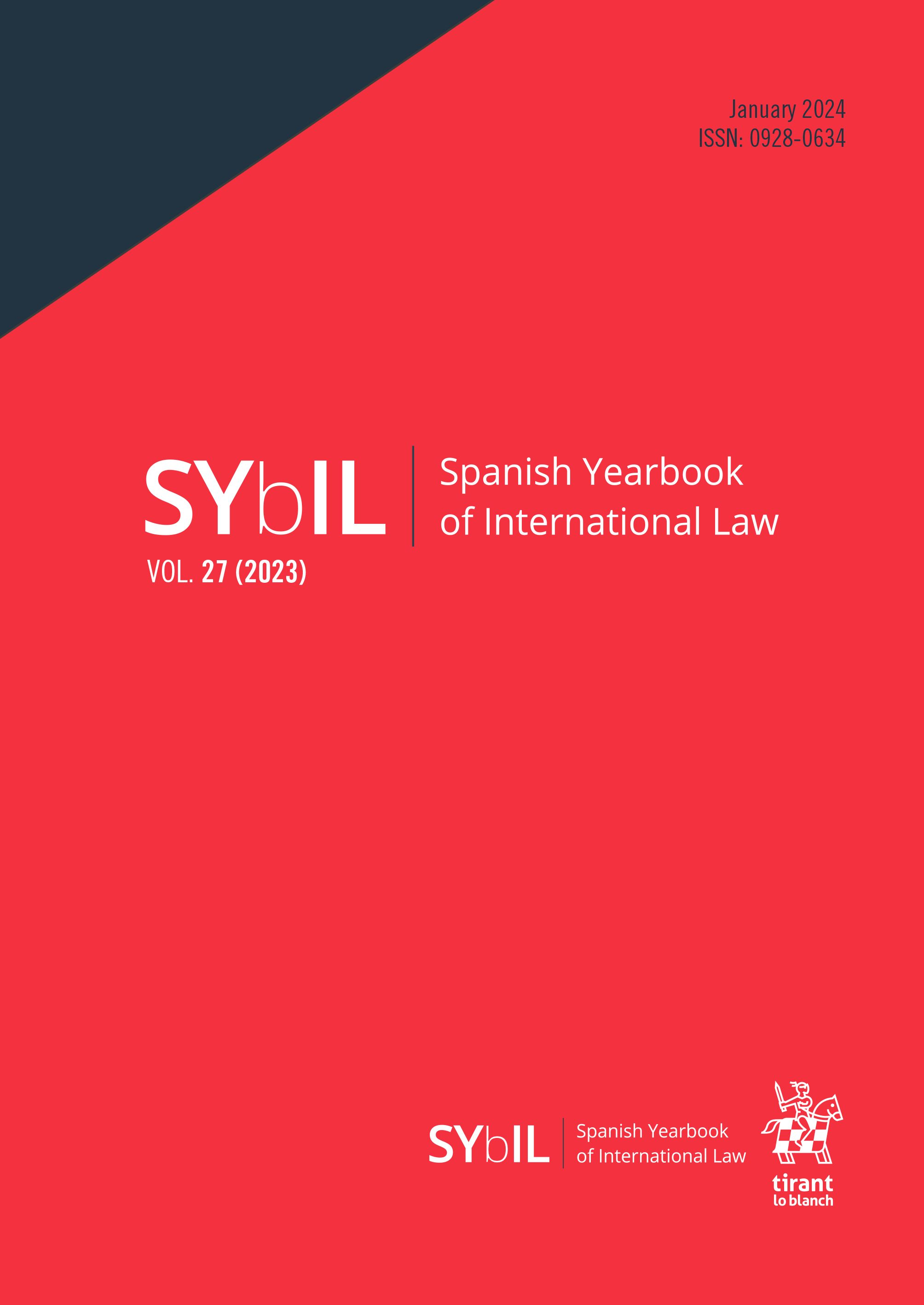Arctic governance: An analysis of a treaty-based cooperation hypothesis
DOI:
https://doi.org/10.36151/SYBIL.2024.013Keywords:
artic, polar, cooperaton, treaty, governance, justiceAbstract
This commentary focuses on the method for enhancing cooperation in the Arctic region amidst the challenges posed by global climate change, declining collaboration with Russia, and the growing influence of non-Arctic states such as China. Arctic cooperation can potentially be strengthened by further developing the hypothesis by Timo Koivurova and Akiho Shibata: “Arctic cooperation based on treaties [is] more resilient than that on soft law.” Treaty-based cooperation has the potential to foster productive intergovernmental dialogue and ensure procedural justice for all stakeholders, even in the event of conflict escalation within and beyond the Arctic region. Negotiation and adoption of new treaties in the Arctic appears decidedly remote in the short-term future, given geopolitical tensions and mistrust among Arctic states. Nonetheless, the prioritization of treaty-based cooperation should be considered for the future models of Arctic Governance.
Published
Issue
Section
License
Copyright (c) 2024 Spanish Yearbook of International Law

This work is licensed under a Creative Commons Attribution-NonCommercial-NoDerivatives 4.0 International License.




